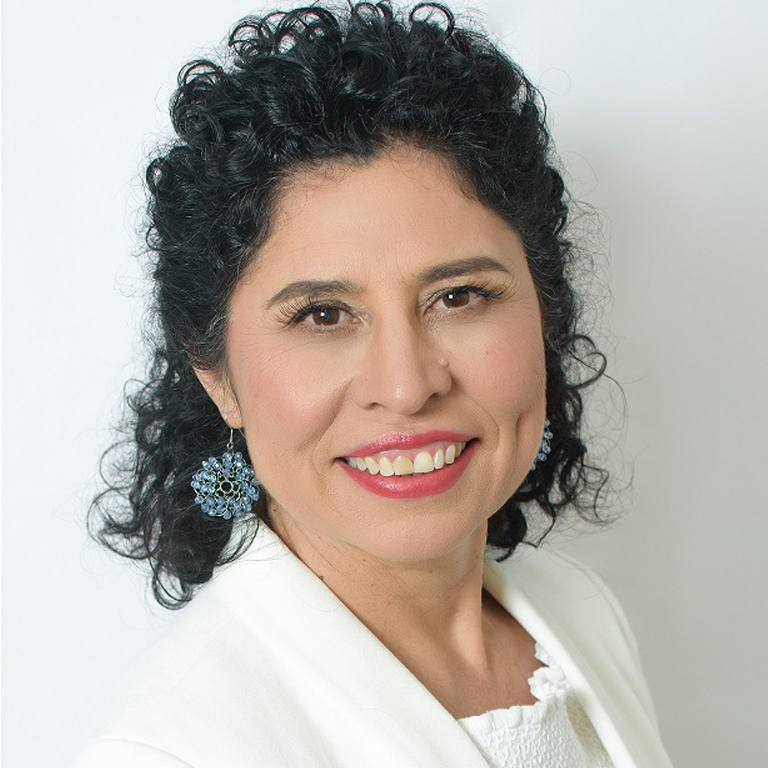- Department(s)/Office(s):
- Curriculum and Instruction
- Academic Programs:
- Special Education
Where does your international research/engagement take place?
Costa Rica
Please briefly describe your research/activity?
I have collaborated with colleagues from Costa Rica for about 7 years. Our work involves youth in long term correctional confinement, the educators who teach them in the facility, and the transition coordinators who help them at the time of reentry.
More recently, I have also started working with individuals from Brazil, Colombia, Mexico, and Norway to examine the services available to youth who are in trouble with the law.
Why does your research/activity matter?
Juvenile delinquency is a global concern. Finding the variables that lead to criminal activity among youth is important to curve their behavior to keep them from becoming adult criminals. Working within a multi-disciplinary and international research team is more consistent with the scope of the problem as opposed to working on the problem in disciplinary silos or country by country, under the assumption that delinquent youth don't share characteristics of disengagement from society and school.
What led you to this research/activity?
My work with youth in schools with behavioral disorders who were pushed out of the school system for behavior they could not control and which was unattended because we insist that "special education" is harmful.
What problem do you hope this research/activity will solve/what are your hopes for this work?
I am already achieving some of my hopes. I wanted to work across disciplines and countries. I am looking to increase more participation from more countries.
How will your work create change for the better?
We will understand the factors that connect youth to adults, educators, families. Consequently, we will be able to design interventions that are less punitive and more responsive to the needs of youth with and without disabilities.
About Me
Where does your international research/engagement take place?
Costa Rica
Please briefly describe your research/activity?
I have collaborated with colleagues from Costa Rica for about 7 years. Our work involves youth in long term correctional confinement, the educators who teach them in the facility, and the transition coordinators who help them at the time of reentry.
More recently, I have also started working with individuals from Brazil, Colombia, Mexico, and Norway to examine the services available to youth who are in trouble with the law.
Why does your research/activity matter?
Juvenile delinquency is a global concern. Finding the variables that lead to criminal activity among youth is important to curve their behavior to keep them from becoming adult criminals. Working within a multi-disciplinary and international research team is more consistent with the scope of the problem as opposed to working on the problem in disciplinary silos or country by country, under the assumption that delinquent youth don't share characteristics of disengagement from society and school.
What led you to this research/activity?
My work with youth in schools with behavioral disorders who were pushed out of the school system for behavior they could not control and which was unattended because we insist that "special education" is harmful.
What problem do you hope this research/activity will solve/what are your hopes for this work?
I am already achieving some of my hopes. I wanted to work across disciplines and countries. I am looking to increase more participation from more countries.
How will your work create change for the better?
We will understand the factors that connect youth to adults, educators, families. Consequently, we will be able to design interventions that are less punitive and more responsive to the needs of youth with and without disabilities.


